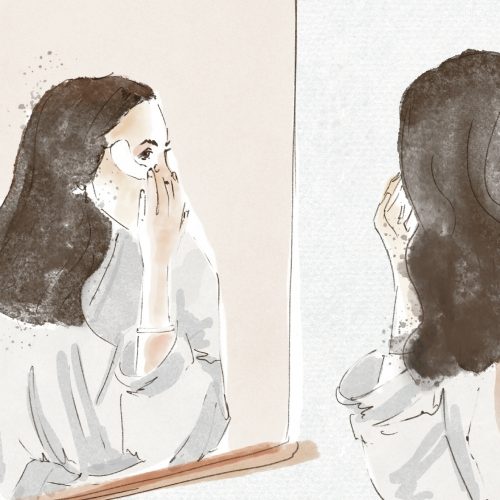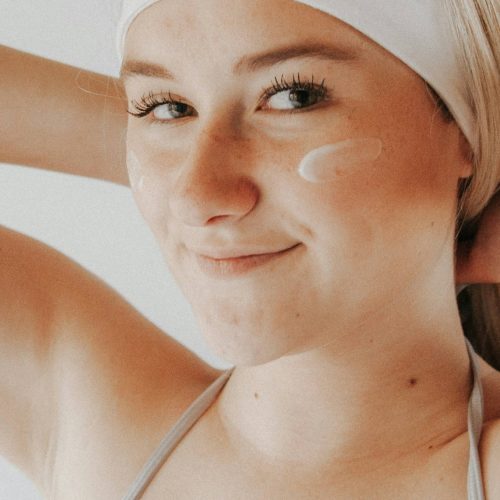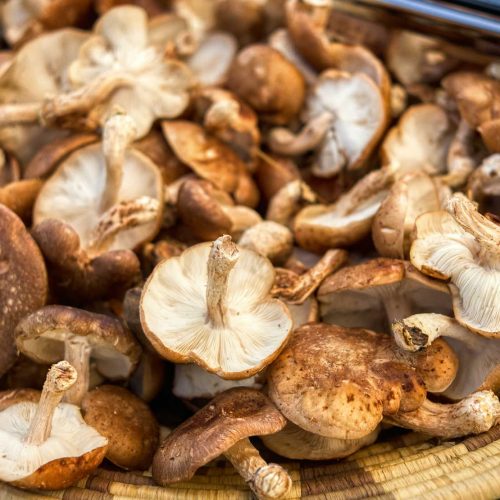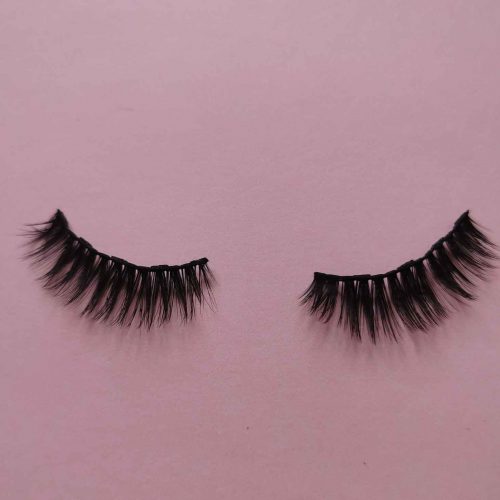Bin To Beauty | Upcycled Skincare Is Turning Food Trash Into Treasure
Ever heard of another man's trash is another's treasure? These brands are taking it to the next level. Upcycled skincare turns food waste into face wash, oils, and serums. These brands are leading the way for sustainable skin from banana peel to leftover coffee beans.
To receive the Luxiders Newsletter, sign up here.
UPCYCLED SKINCARE: WHAT IS IT?
Upcycled skincare products give discarded food waste a new life by using leftover food to create beautiful balms, oils and serums. It has gained traction in the last few years. It isn't just upcycled skincare, food, design, even furniture are looking into repurposing our waste.
We know the idea of discarded food rubbish may seem uninviting. But not only is it beneficial for the environment, but it can also be wonderful for your skin. The by-products of coffee, fruit and even alcohol have incredible skin benefits. With a range of antioxidants, and hydrating properties, maybe it's time to rethink throwing away the banana peel.
BRANDS ARE RETHINKING HOW WE VIEW FOOD WASTE
KAFFE BUENO
Kaffe Bueno started with one mission: to unlock coffee’s potential. The team saw the huge amounts of coffee waste thrown away each year, "around 9 billion kilos." Noomi Mikkelsen, marketing Coordinator for Kaffe Bueno tells us. They didn't just see waste, they saw an underutilised opportunity.
At Kaffe Beuno, the team do not call it coffee waste: "we do not call it coffee "waste", because it is a wasted resource, not waste. The coffee plant contains a plethora of health promoting compounds such as antioxidants, essential fatty acids, sugars, proteins and more." Noomi says.
Noomi continued, describing the danger of coffee beans to the environment: "However, when a cup of coffee is brewed, only 1% of these compounds end up in our cup, the rest remain intact in the coffee grounds. In fact, coffee that ends up in landfills has a very serious environmental impact, as when coffee decomposes it generates large amounts of methane."
Kaffe Bueno knew something needed to change: "it was clear to us, that coffee waste has a lot of potential both in regard to upcycling and utilising the full benefits of the coffee plant. But also when it comes to limiting greenhouse gases and climate change." Noomi says.
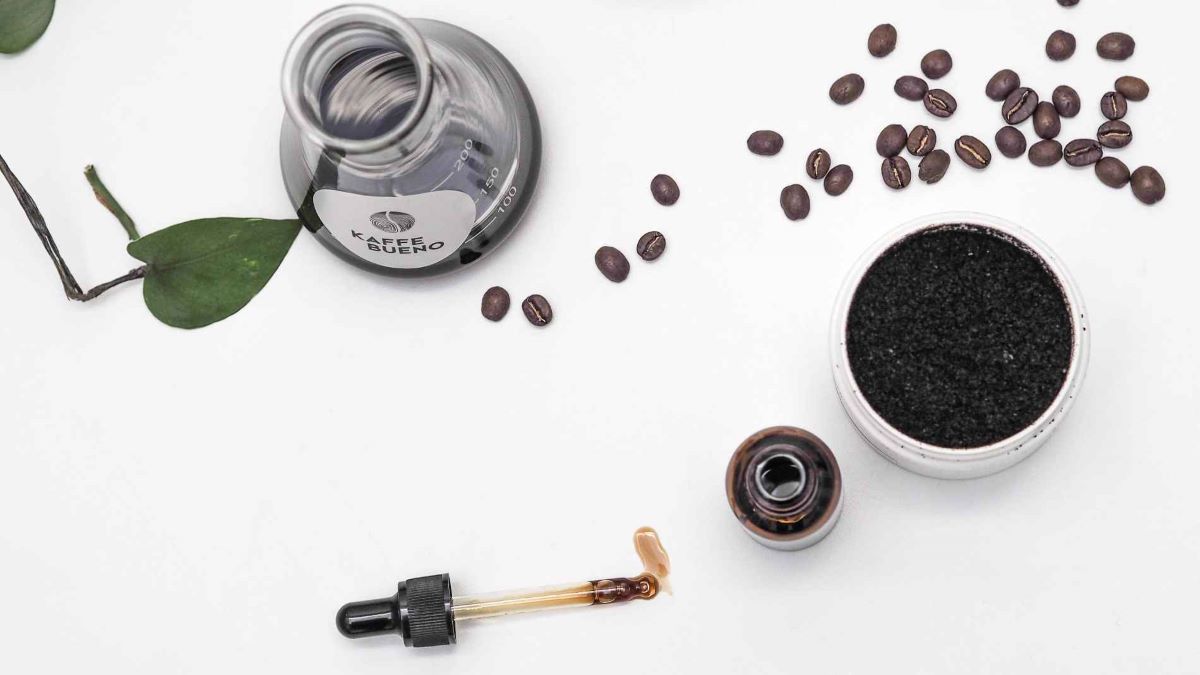
© KAFFE BUENO
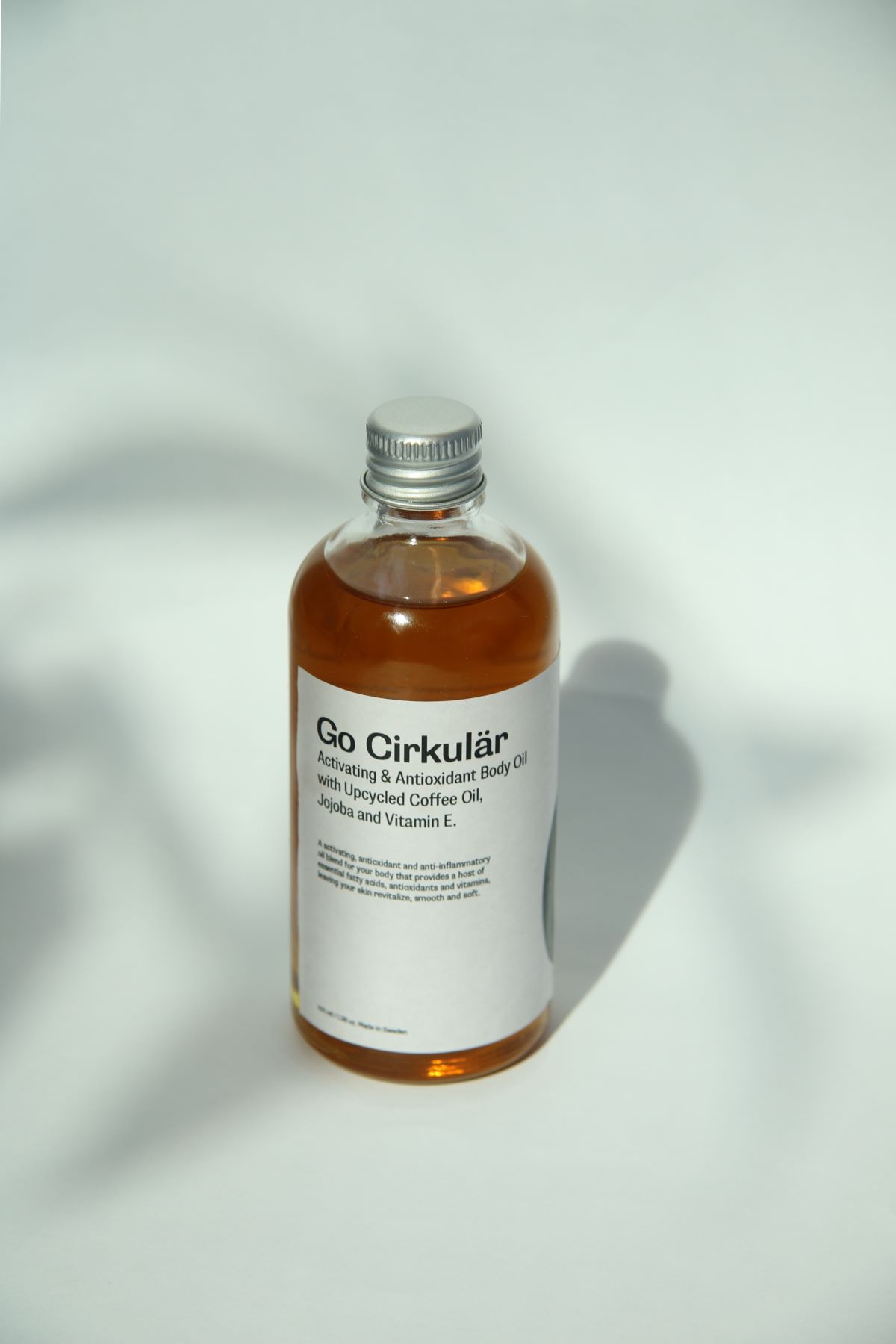
© KAFFE BUENO
Noomi explains the teams larger, long term goals: "these products are upcycled, sustainable, healthy and extend the shelf life of products and thus their use. Overall, they allow us to help consumers and manufacturers to become more healthy and most importantly more sustainable."
"In the future, Kaffe Bueno aims to build a decentralised network of biorefineries globally, where coffee will be sourced locally. Hence, not only reducing emissions by upcycling what today is considered waste and by substituting petrochemicals and synthetics, but also by drastically reducing the hidden emissions of transport." Noomi says.
"In part, our mission is to help unlock coffee's health potential whilst minimising harmful emissions and maximising coffee by-products’ usability."
PELEGRIMS
Pelegrims is the brainchild of natural formulator, Alex Verier. His own love of skincare and a desire to create something effective but also good for the planet shaped his vision. Alex explains his view of sustainability in the beauty industry: "I love sustainability but there's so much green washing or misdirection out there in our industry. For me, it was important that what we formed the brand around this idea that wasn't us saying 'we're saving the world by using this' but was in fact something which was local, abundant and most importantly was going to be a potent active ingredient to help the skin."
"The grapes we use have been pressed as part of the Wine making process by Westwell wines." Alex continues: "the cool thing is that if we didn't use them they wouldn't harm the plant anyway; they'd just go into the vineyard compost heap and then eventually back into the soil to help the vines. The grape extract we make from the grapes is rich in poly phenols and antioxidants which help the skin deal with external stressors such as pollution and UV damage."
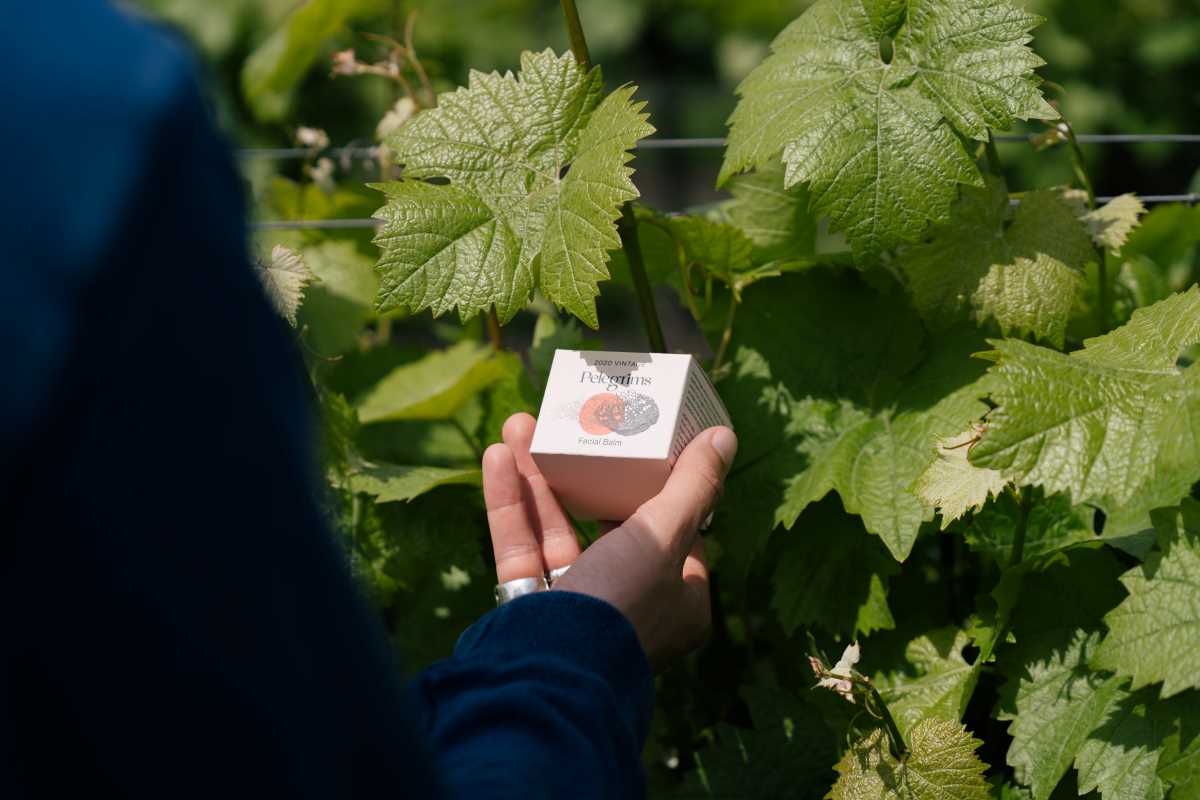
© PELEGRIMS
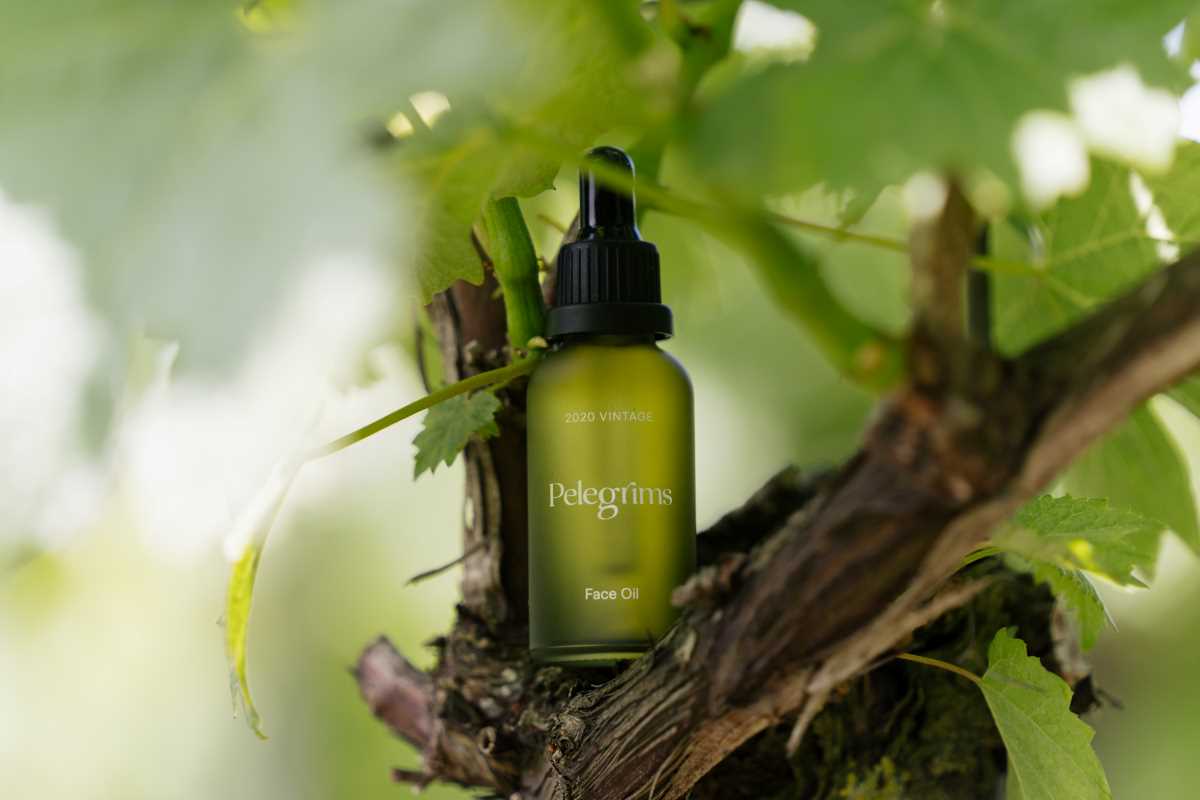
© PELEGRIMS
Pelegrims focuses on it's core beliefs. One of which is its commitment to low intervention: "The vineyard that we work with, Westwell, is a low intervention vineyard which is a really interesting wine industry concept. It shows that they do everything they can to reduce sprays when growing the grapes but also any additives to the final product."
"At the same time making good wine is at the core of what they do and that is always the key thing to have in mind. We love applying this concept to skin care because it means we're 100% transparent with our customers." Alex explains "all of our products are around 95-99% natural but they aren't limited to that - the only limit is making the very best products and being thoughtful about everything we do."
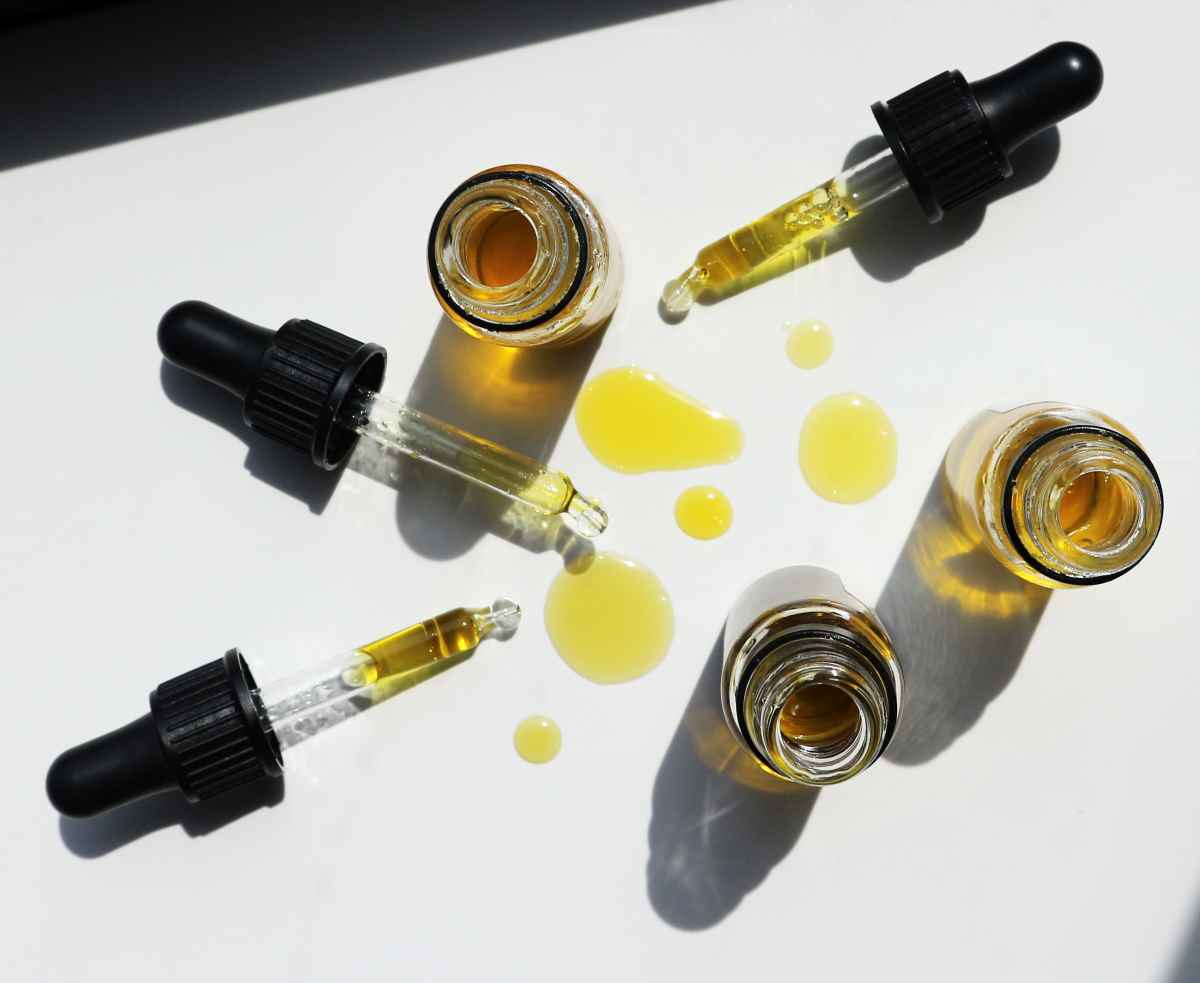
© FULL CIRCLE
FULL CIRCLE
Full Circle was founded in an effort to educate consumers, create something innovative, with a basis of true passion for upcycled skincare. General Manager Aneysha Wakelin discusses the brands beginnings in upcycling: "Despite upcycling being a hot topic right now, it wasn’t the case in 2017."
The brand is hopeful for the future: "It was our background in beauty and knowing what goes into personal care products that meant we could see a future where zero waste was possible. That’s why we made it our mission to empower beauty & personal care brands to reduce and reuse waste by growing the upcycled beauty movement. Our vision is that one day, every beauty product will be made from upcycled materials – from ingredients to packaging." Aneysha says.
The team at Full Circle offer a range of ingredients. When discussing their most recent launch of Barley TONIQ (a gin byproduct) Aneysha was excited: "our new Barley TONIQ ingredient utilises enzymatic extraction, we’ve supercharged fermented barley to create a potent skin-soothing active that rapidly rebalances irritated skin. We’re really pleased to have found such an exceptional source of brewery leftovers which are rich in amino acids and other beneficial nutrients."
"Our vision is that one day, every beauty product will be made from upcycled materials – from ingredients to packaging."
When considering the future of upcycled beauty, it seems promising: "it’s great to see so many skincare products entering the market that feature upcycled ingredients. We’re even seeing some brands making commitments to utilising upcycled materials in future product launches in a bid to reduce & reuse waste." Aneysha says.
Full Circle sees the upcycled beauty products throughout our supermarkets: "In the future, we can expect to see beauty products carrying the Upcycled Certified seal; developed by The Upcycled Food Association. This seal helps retailers feature upcycled products on shelf, makes them easy to identify."
+ Words:
Emily Fromant
Luxiders Magazine

